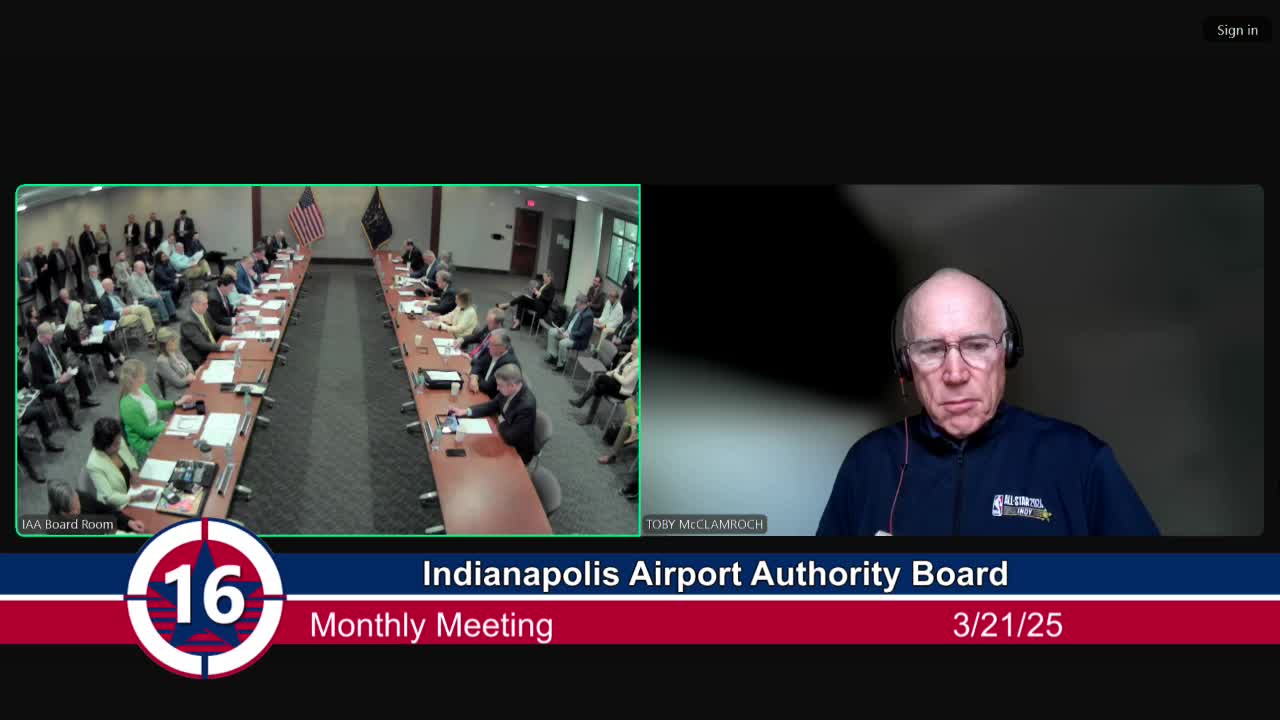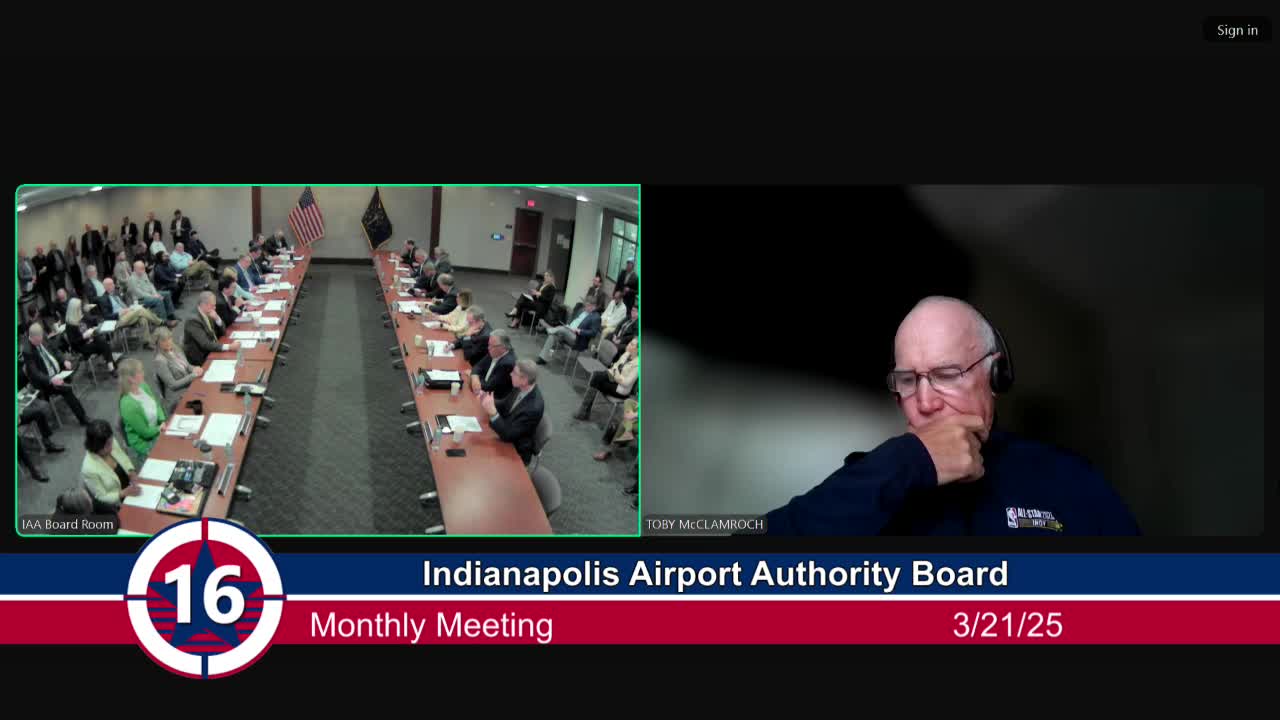Article not found
This article is no longer available. But don't worry—we've gathered other articles that discuss the same topic.

Board approves contracts, change orders and amendments totaling multimillions; summary of actions

Airport board authorizes utility reimbursement agreement to create redundant water connection to terminal campus

